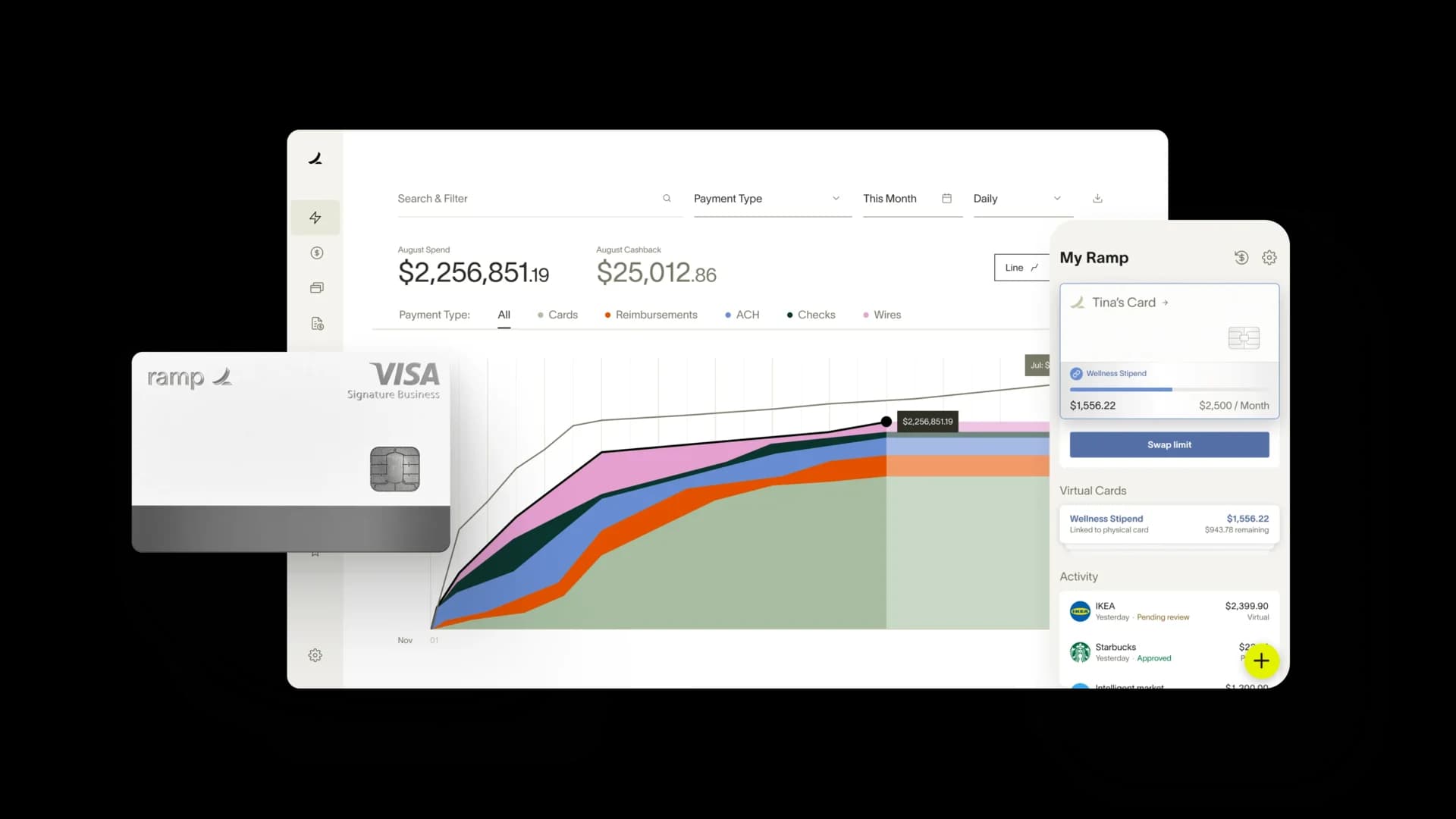Ohio mileage reimbursement rates & calculator


As an Ohio employer, understand that while mileage reimbursement for private employees isn't legally required, it's mandatory for state employees under specific guidelines like Ohio Administrative Code 123:6-1-03.
Despite this, implementing a fair mileage reimbursement policy is wise for private employees, too. A clear policy ensures that you avoid accidentally violating Ohio's minimum wage law.
Additionally, offering employees fair reimbursement at IRS standard rates can significantly boost their trust in your company.
Ohio business mileage reimbursement rates
So, you've chosen to reimburse your employees for mileage when they use their personal vehicles for business chores? That's a good call. You can do so at the standard IRS business mileage rate for 2026, which is $0.725 per mile.
Here's a tabulated snapshot of the current year's IRS mileage reimbursement rates and a year-on-year rate analysis.
| Tax Year | Business rate | Charitable rate | Medical/ moving rate |
|---|---|---|---|
| 2026 | $0.725 | $0.14 | $0.205 |
| 2025 | $0.70 | $0.14 | $0.21 |
| 2024 | $0.67 | $0.14 | $0.21 |
| 2023 | $0.655 | $0.14 | $0.22 |
| 2022 (Jul 1 to Dec 31) | $0.625 | $0.14 | $0.22 |
| 2022 (Jan 1 to Jun 30) | $0.585 | $0.14 | $0.18 |
| 2021 | $0.56 | $0.14 | $0.16 |
| 2020 | $0.575 | $0.14 | $0.17 |
Note: You may reimburse your employees at rates above or below the IRS standard. However, any excess reimbursement over the IRS rate is subject to taxation as income.
Ohio mileage reimbursement calculator
Using the Ohio mileage reimbursement calculator is straightforward.
- Choose the tax year for which you want to calculate.
- Input the miles driven to determine how much money can be received in return.
Ohio mileage reimbursement laws
There is no state law requiring mileage reimbursement for private-sector work, but knowing the rules can help you make informed decisions.
First off, if you're managing state employees, you've got specific rules to follow.
According to Rule 123:6-1-03 of the Ohio Administrative Code, you can only:
- Reimburse state employees for using their own vehicles when it's more cost-effective than using state vehicles
- Offer compensation when no reasonable transportation alternatives exist
These considerations ensure you use state funds efficiently, balancing cost with necessity.
But what about private employers?
As a private employer, you're in a different boat.
Ohio's minimum wage law mandates that you reimburse your employees for mileage if their wages drop below the state minimum. In this scenario, aligning your reimbursement practices with the IRS's suggested rate might be a smart move.
This approach helps you:
- Offer fair reimbursement to all your employees when they use their personal vehicles for work
- Establish your reputation as a business that values its employees
- Keeps you aligned with the minimum wage law
Ohio mileage reimbursement laws vs the federal guidelines
Federally, the IRS sets a standard mileage rate annually, which is a recommendation rather than a mandate for private employers.
You're only mandated to reimburse if not doing so would push an employee's wage below the state minimum wage. This rule protects your employees' earnings and gives you flexibility in how you handle mileage.
By understanding these aspects of Ohio's mileage reimbursement laws, you can better position your company as a fair and attractive place to work.
Switch to effortless mileage tracking with Ramp
While not mandated by state law for private employers, proper Ohio mileage reimbursement practices play a crucial role in building trust and appreciation within your workforce. They ensure that employees who travel for business are fairly compensated, boosting morale and job satisfaction.
Moreover, aligning your mileage reimbursement policy with IRS standards can prevent potential legal disputes and accidental violation of the minimum wage rule in Ohio, which states that all employees should draw wages above the state minimum.
Complying with these laws and guidelines is essential to offering accurate mileage reimbursement, and Ramp can help you with that.
Ramp's AI-driven expense management software simplifies the mileage tracking process, making it seamless for you to comply with both Ohio and federal guidelines. With our automated system, you can easily track and reimburse mileage, ensuring accuracy and fairness in compensation.
See how Ramp automates expense and mileage tracking for 50,000 businesses












